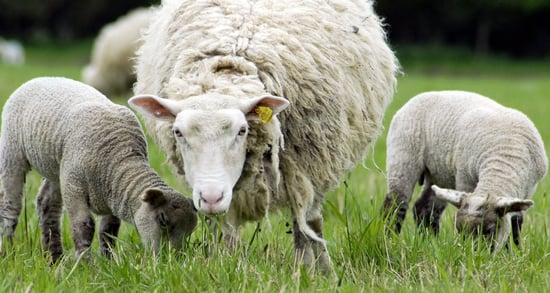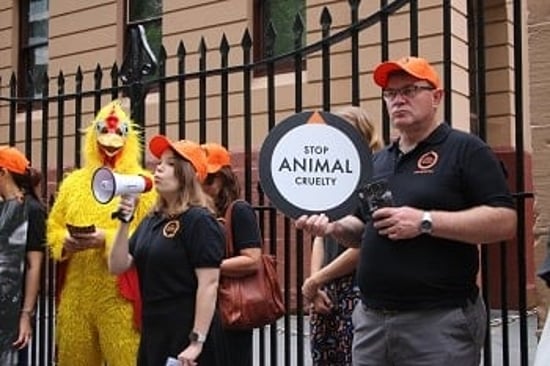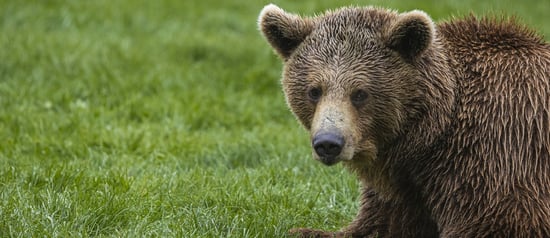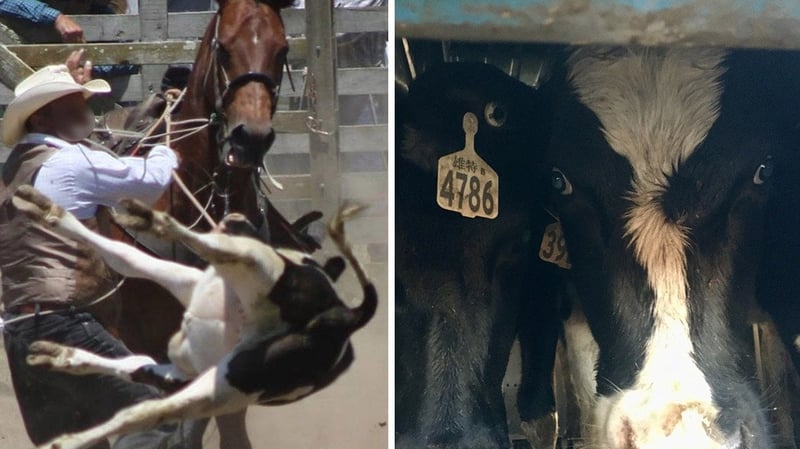
Animal Welfare Act 1999: Everything you need to know about animal welfare in New Zealand
News
The Animal Welfare Act 1999 is the main animal welfare legislation in New Zealand. Animal welfare falls within the responsibility of the Ministry for Primary Industries (MPI).
Image credit: Anti-Rodeo Action NZ and Taranaki Animal Save
The Act has been amended to recognise animal sentience for vertebrates (fish, amphibians, reptiles, birds and mammals) as well as some cephalopods (squid, octopus, and cuttlefish) and decapod crustaceans (shrimps, prawns, crabs, lobsters, and crayfish).
There are 19 Codes of Welfare that expand the basic obligations laid out in the Animal Welfare Act by setting minimum standards, as well as recommended best practices.
To remedy the fact that the Codes are not directly enforceable, changes were made to the Act in 2015 to provide for the making of regulations which could be enforced.
The 2015 amendments to the Animal Welfare Act 1999 banned the use of animal testing for cosmetic products and their ingredients.
New Regulations enacted in 2016 continued the prohibition on the live export of cattle, sheep, deer and goats for slaughter unless approved by the Director-General of MPI, which in practice dramatically reduced the live export of animals from Aotearoa New Zealand.
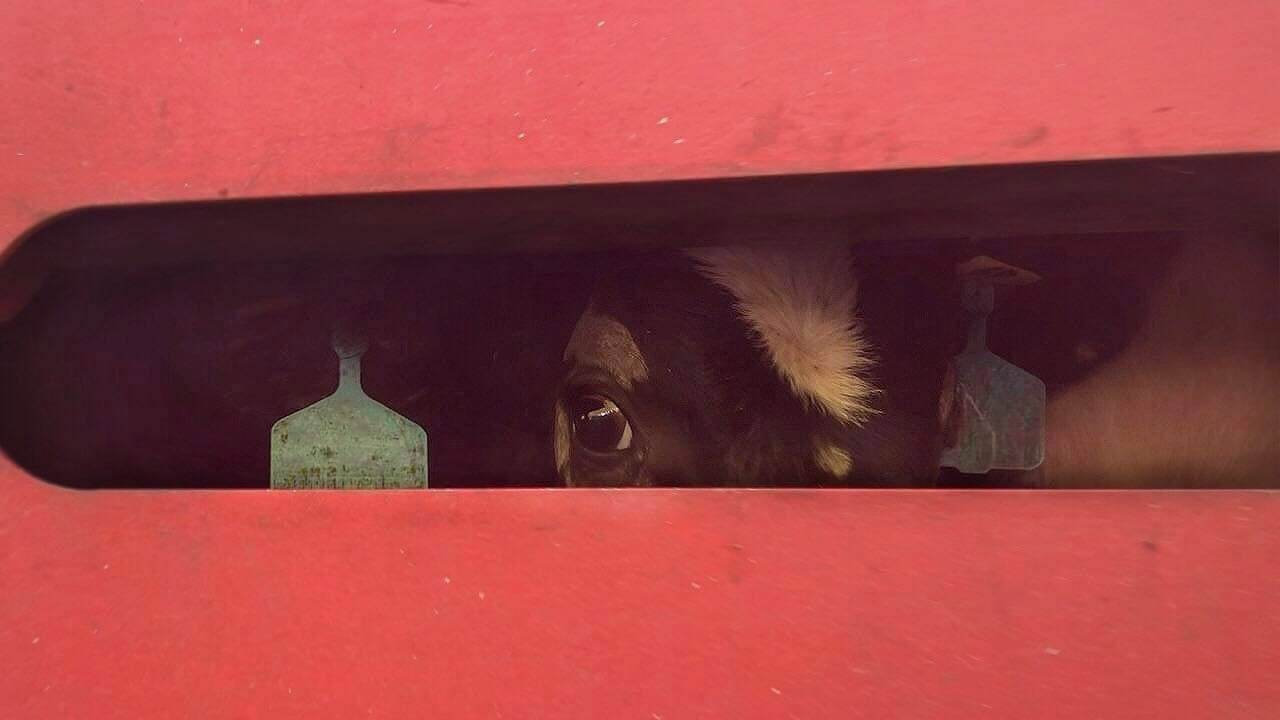 Image credit: Taranaki Animal Save
Image credit: Taranaki Animal Save
In 2018, the Animal Welfare (Care and Procedures) Regulations were announced, outlining detailed and species-specific anti-cruelty requirements. These 2018 Regulations allow for better enforcement of low to medium animal welfare offending.
These Animal Welfare Regulations also marginally improved pig welfare, notably by prohibiting sow (mother pig) stalls (cages) for longer than seven days per reproductive cycle and by mandating anaesthesia to be used during piglet castration.
Who provides advice for the Animal Welfare Act?
The National Animal Welfare Advisory Committee (NAWAC) has been established as an independent body to advise the Minister and is entrusted with preparing detailed rules on the treatment of animals. Furthermore, the National Animal Ethics Committee advises the MPI on issues relating to the use of animals in research, testing and teaching.
NAWAC has repeatedly said its work is limited by lack of funding. It has made very slow progress in producing regulations and has a very limited work programme each year due to its lack of adequate resources. MPI’s monitoring of farms is similarly restricted by its lack of funding.
As an example in November 2019, one of the worst-known mass animal deaths in New Zealand history took place when 200,000 caged chickens died at a poultry farm after there was a power cut and a back-up system failed. MPI apparently was not aware of the catastrophe until notified by the media.
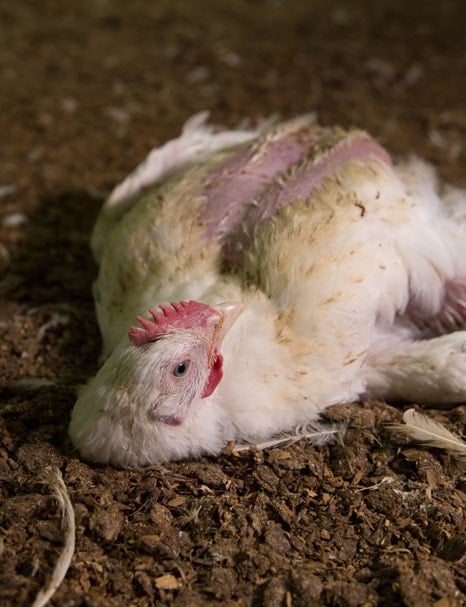
Our work to strengthen animal welfare in New Zealand
Together with other animal organisations, we are strongly encouraging the Government to appoint a Minister and Commissioner for Animal Welfare, and to allocate consistent funding for proper monitoring and enforcement of animal welfare standards.

Commissioner for Animals
We join animal welfare groups to urge Government to establish an independent voice for animals.
Take action
Take action today by signing our petitions and pledging to protect wildlife and farm animals.
Our work
We're working in Aotearoa New Zealand and around the world to end the needless suffering of animals by inspiring people to change animals’ lives for the better.
